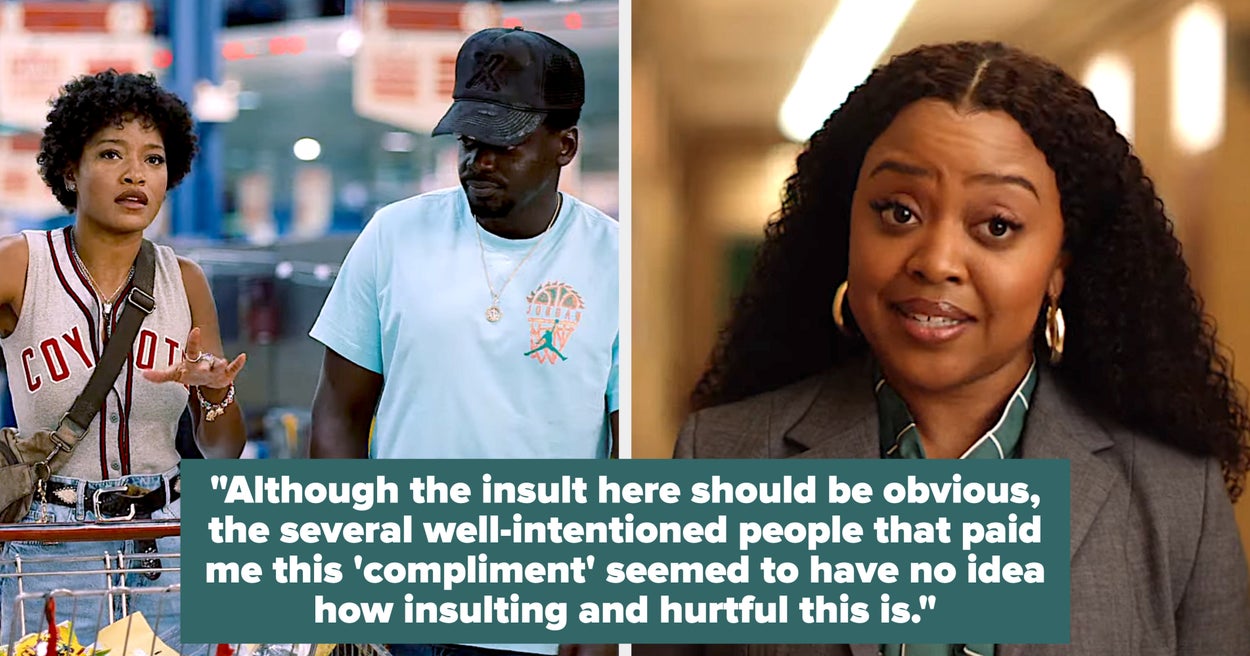Farb
Mostly Peaceful Poster
Offline
I was looking for a place to put this so we could discuss but didn't really find a place that worked so I created this thread so we can all place articles, experiences, videos and examples of racism in the USA.
This is one that happened this week. The lady even called and filed a complaint on the officer. This officer also chose to wear the body cam (apparently, LA doesn't require this yet). This exchange wasn't necessarily racist IMO until she started with the "mexican racist...you will never be white, like you want" garbage. That is when it turned racist IMO
All the murderer and other insults, I think are just a by product of CRT and ACAB rhetoric that is very common on the radical left and sadly is being brought to mainstream in this country.
Another point that I think is worth mentioning is she is a teacher and the sense of entitlement she feels is mind blowing.
https://news.yahoo.com/black-teacher-berates-latino-la-221235341.html
This is one that happened this week. The lady even called and filed a complaint on the officer. This officer also chose to wear the body cam (apparently, LA doesn't require this yet). This exchange wasn't necessarily racist IMO until she started with the "mexican racist...you will never be white, like you want" garbage. That is when it turned racist IMO
All the murderer and other insults, I think are just a by product of CRT and ACAB rhetoric that is very common on the radical left and sadly is being brought to mainstream in this country.
Another point that I think is worth mentioning is she is a teacher and the sense of entitlement she feels is mind blowing.
https://news.yahoo.com/black-teacher-berates-latino-la-221235341.html



